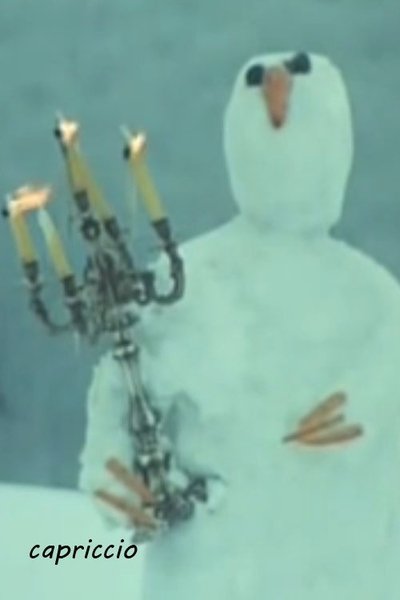
Capriccio
1970
16min
Shreds and fragments of film poetry that make its own place on the edge of a document film. The film is a college of dialogue between nature, abandoned country, and human fancy.

Storyline
Shreds and fragments of film poetry that make its own place on the edge of a document film. The film is a college of dialogue between nature, abandoned country, and human fancy.
Released
August 1970
Runtime
16min
Director
Genre
Status
Released
Language
Hungarian
Production
Balázs Béla Stúdió
Cast
Might be interested
Homage to Old Ladies
7.6
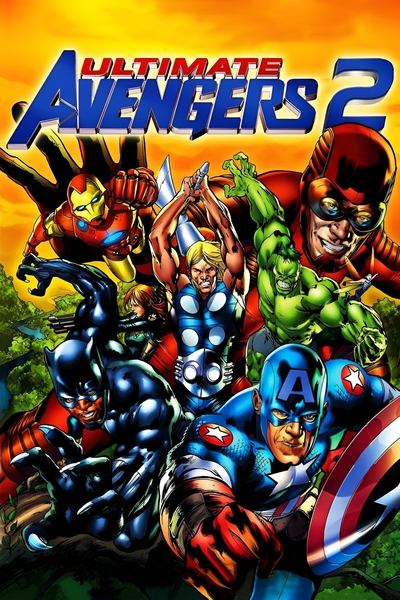
Ultimate Avengers 2
6.8
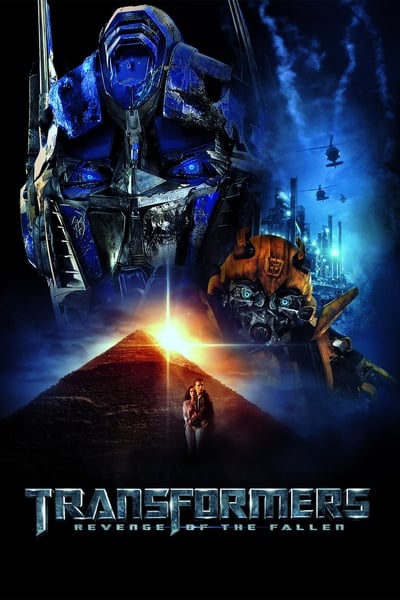
Transformers: Revenge of the Fallen
6.209
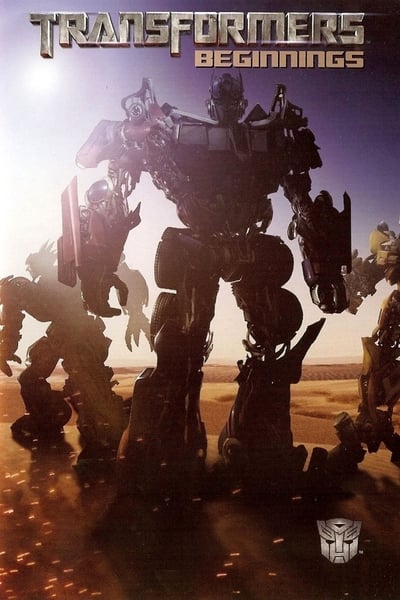
Transformers: Beginnings
6.9
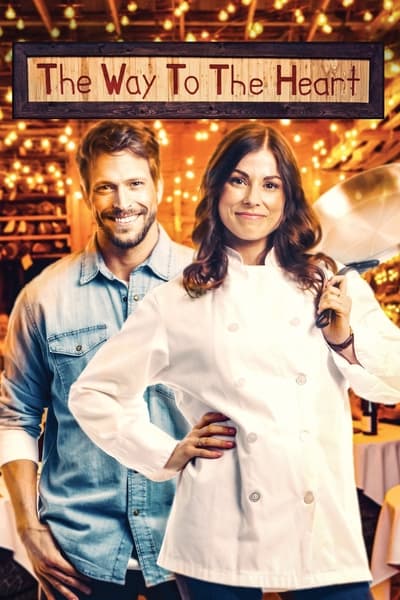
The Way to the Heart
9.853
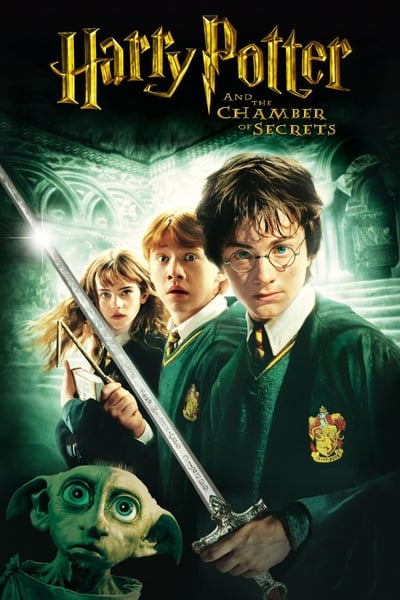
Harry Potter and the Chamber of Secrets
7.704
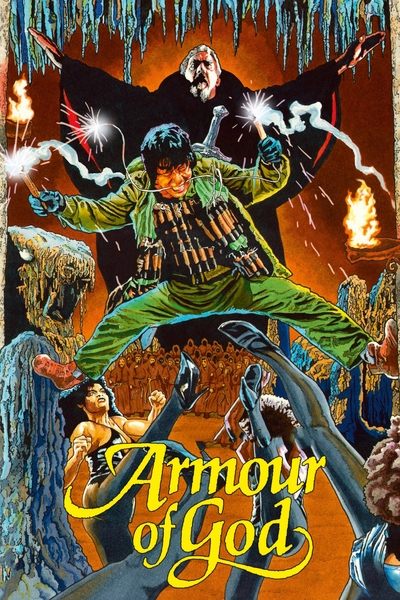
Armour of God
7.051
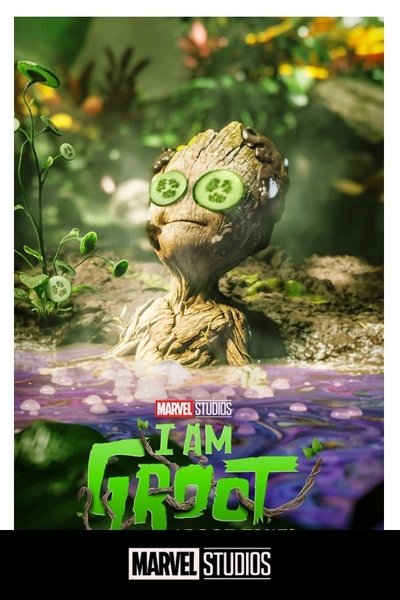
Groot Takes a Bath
7.1
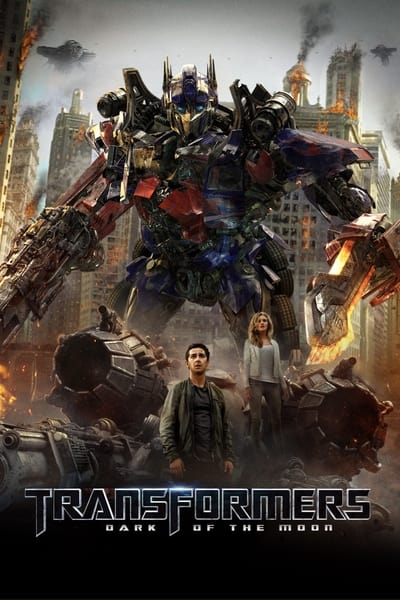
Transformers: Dark of the Moon
6.221

Gad Elmaleh : Sans tambour
6.8

Shrek's Thrilling Tales
6.7
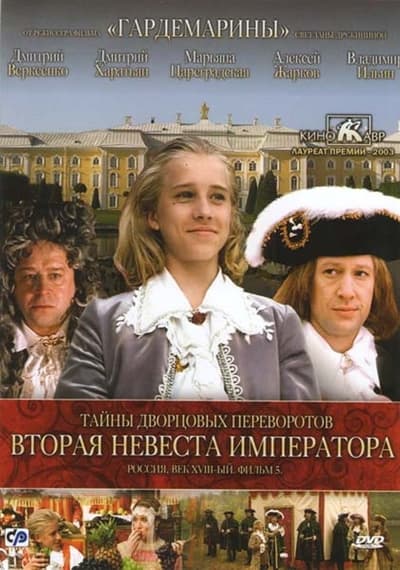
Secrets of Palace coup d'etat. Russia, 18th century. Film №5. Second Bride Emperor
6.2
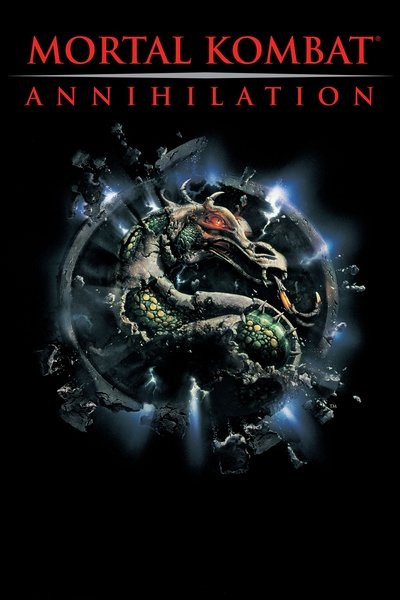
Mortal Kombat: Annihilation
4.5
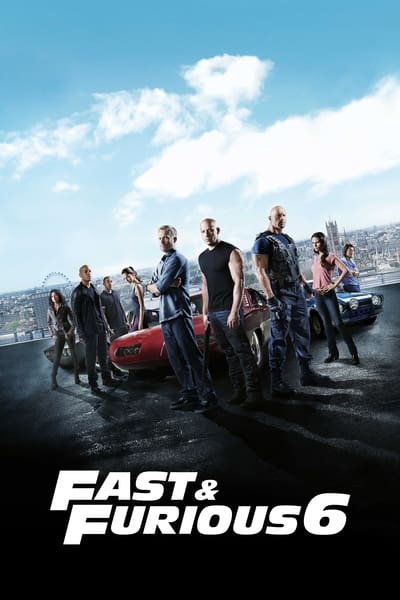
Fast & Furious 6
6.818
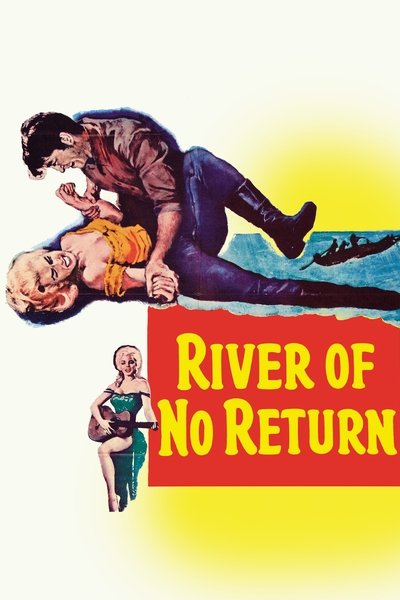
River of No Return
6.7
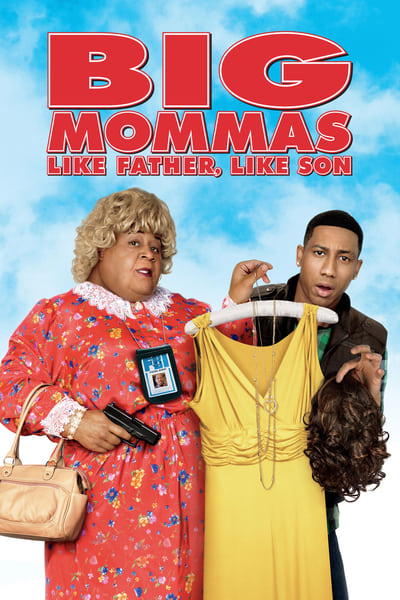
Big Mommas: Like Father, Like Son
5.555
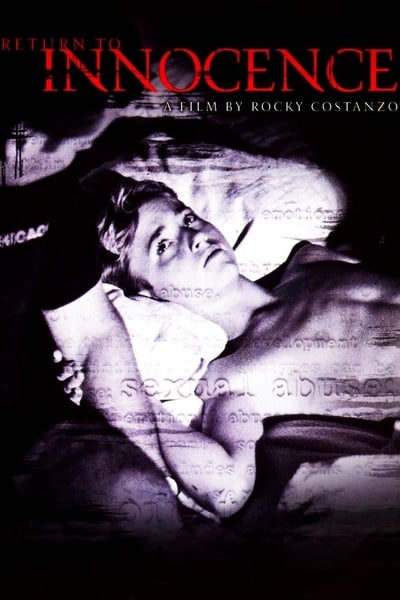
Return to Innocence
6.8
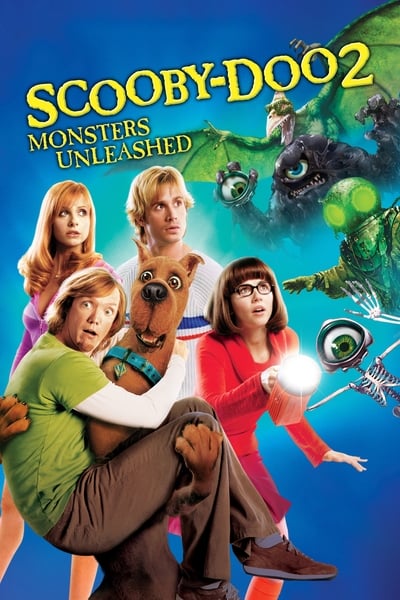
Scooby-Doo 2: Monsters Unleashed
6.08

X-Men: First Class
7.297

